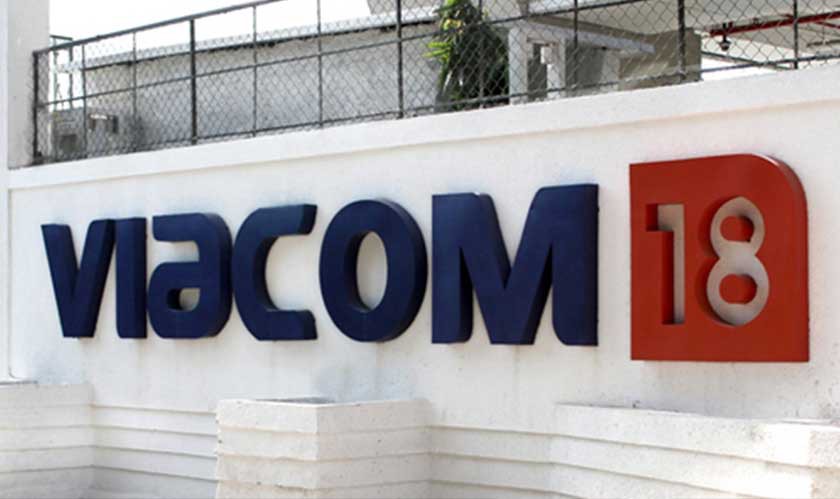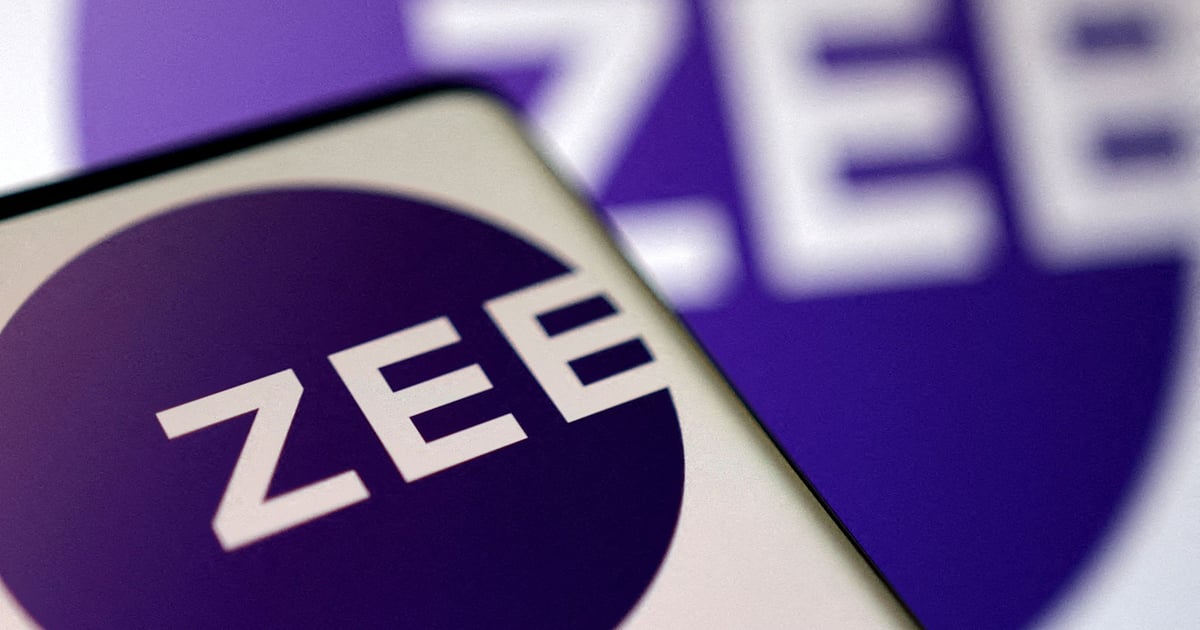Sony-Zee Merger Debacle; Troubles For Unilever, P&G; Ascent For Ambani; Zee’s Legal Action Against Sony For Failed Merger Deal?
The termination of the $10 billion merger between Sony Group Corp. and Zee Entertainment Enterprises Ltd. in India has sent ripples through media and advertising, raising concerns for major advertisers like Unilever Plc and Procter & Gamble Co. As Sony withdraws from the deal, advertisers aiming to reach India's vast population of 1.4 billion may find themselves navigating through potential competitors. The key factor contributing to the deal's collapse was the insistence by Zee's CEO, Punit Goenka, to lead the post-merger entity. Complicating matters, an ongoing inquiry by the country's stock market regulator has accused Goenka and his father, Subhash Chandra, the founder of Zee, of financial irregularities. Sony, cautious about its corporate image, cited unmet conditions of the merger agreement as the reason for termination, while Zee maintained that Goenka was open to stepping down in the interest of the merger. Amidst these developments, a new media mogul, Mukesh Ambani, has emerged, engaging in talks with Walt Disney Co. CEO Bob Iger, potentially reshaping the media landscape in India. This comes at a time when the country remains a significant TV market, with nearly 900 million individuals having access to television, and advertisers continue to grapple with the dynamics of traditional and digital advertising.

Sony’s decision to abandon the $10 billion merger with Zee Entertainment Enterprises Ltd in India will pose challenges for major advertisers like Unilever Plc and Procter & Gamble Co. in reaching the country’s vast population of 1.4 billion.
With Sony walking away, these advertisers may find themselves compelled to navigate through potential competitors to access the Indian market.
The termination of the merger was triggered by Zee CEO Punit Goenka’s insistence on leading the post-merger entity. However, concerns arose due to an ongoing inquiry by the country’s stock market regulator accusing Goenka and his father, Subhash Chandra, the founder of Zee, of diverting funds from the publicly traded firm.
Sony, wary of being associated with a corporate governance scandal, cited unmet conditions of the merger agreement as the basis for termination; meanwhile, Zee countered, stating that Goenka had expressed willingness to step down for the sake of the merger.

The Loss Turns Into Gains
Amidst these developments, a new media mogul, Mukesh Ambani, has entered the scene.
Ambani is in talks with Walt Disney Co. CEO Bob Iger, who aims to stabilize the conglomerate by concentrating on streaming, theme parks, studios, and ESPN.
If Ambani’s Viacom18 Media collaborates with Disney’s Star franchise, Ambani, the owner of India’s largest telecom company and biggest retailer, could control a significant portion of Hindi general entertainment in northern cities and over a quarter of the Tamil market in the south.
Additionally, this collaboration would give them a significant share in the video streaming sector.
Despite the growing popularity of streaming, India remains a substantial TV market with nearly 900 million individuals (210 million families) having access to television.
Around 60% of them tune in to their sets at least once every 24 hours. Television advertising continues to command a premium over digital advertising, where trust in apps’ claims on viewership is essential, making TV advertising more easily measurable due to third-party data on reach and engagement.
Mukesh Ambani’s significant investment in sports is poised to become his true stronghold, with Viacom18 and Disney Star, under potential collaboration, obtaining broadcast and streaming licenses for nearly every sports event that captures the attention of India’s cricket enthusiasts.
The thwarted Zee-Sony merger, which could have offered an alternative platform for brands seeking a national presence, leaves advertisers with no compelling options outside Ambani’s realm.

This complication is amplified as Ambani expands into consumer products across various sectors, leveraging free promotion but potentially increasing expenses for competitors.
Despite the setback, the battle for media leadership is not definitively concluded. Sony retains an opportunity to acquire Zee, and while Indian company boards typically align with founders, Chandra’s family, having reduced its shareholding due to previous financial missteps, now holds a mere 3.99% stake.
Shareholders, who recently resisted reappointments to the board, may become more assertive in pushing out the founders and selling the company.
In 2021, Invesco Ltd.-managed funds attempted to find a buyer for Zee and remove CEO Goenka, with Sony stepping in as a white knight offering capital infusion and a controlling interest.
However, over the two years of navigating regulatory hurdles, circumstances changed significantly. Zee’s annual profit plummeted by 95%, reaching just $6 million, and it faced a liquidity crunch, skipping a $200 million payment to Disney for TV rights of cricket matches.
Now, with the failed merger, Zee’s ability to boost ad revenue during popular cricket tournaments may be compromised.
Institutional investors could seize an opportunity to instigate a leadership change and approach Sony (and other potential suitors) with a fresh deal.
However, time is of the essence, as without immediate intervention, creditors may push the company toward bankruptcy. A financially strained Zee, struggling for survival, could inadvertently strengthen Ambani’s competitive edge. Yet, the narrowing of media options may also diminish brands’ negotiating power in a critical consumer market.

Zee To Take Legal Action
Zee Entertainment, has announced its intention to pursue legal action against Sony Group, the Japan-based company, following the cancellation of their merger plans that aimed to establish India’s largest broadcasting entity.
On Monday, Sony disclosed its decision to terminate the merger of its India operations with Zee through Culver Max Entertainment, a move initially unveiled in 2021.
The termination notice issued by Sony’s wholly-owned subsidiary, SPNI, cited the definitive agreements with Zee Entertainment Enterprises Ltd (ZEEL) and specified that the merger was to be finalized by December 21, 2023, subject to regulatory approvals and other conditions.
Upon ending the agreement, Sony sought $90 million in termination fees from Zee; in response, Zee vehemently rejected all claims made by Culver Max and BEPL regarding alleged breaches of the MCA (merger completion agreement), including the termination fee.
Zee, in a stock exchange filing, expressed its commitment to safeguarding the long-term interests of stakeholders and indicated the exploration of all available options, including potential legal action and contesting the claims in arbitration proceedings.
During a detailed response at their January 22 board meeting, Zee’s directors asserted that the company had diligently taken all necessary steps to implement the merger scheme.
They clarified that discussions were held with Culver Max and BEPL to explore an extension of the merger completion timeline, but no agreement was reached.
Punit Goenka, the Managing Director & CEO of ZEEL, was reportedly willing to step down in the interest of the merger and various proposals were discussed, including the appointment of a director to the merged company’s Board, protections for ongoing investigations and legal proceedings, and modifications to the scheme to incorporate these considerations.
However, the discussions did not yield any proposal from the Japanese group, leading them to choose termination over continued negotiations.
The termination of the Sony-Zee merger, accompanied by legal actions and claims between the involved parties, introduces a complex narrative in India’s media.
Zee’s determination to pursue legal remedies spotlight the intensity of the fallout, and the unresolved nature of the media leadership battle leaves room for potential shifts in the industry.
As stakeholders witness the intricacies of corporate governance, financial complexities, and strategic decision-making, the conclusion of this chapter remains uncertain, with broader implications for the evolving dynamics of India’s media and advertising sectors.




